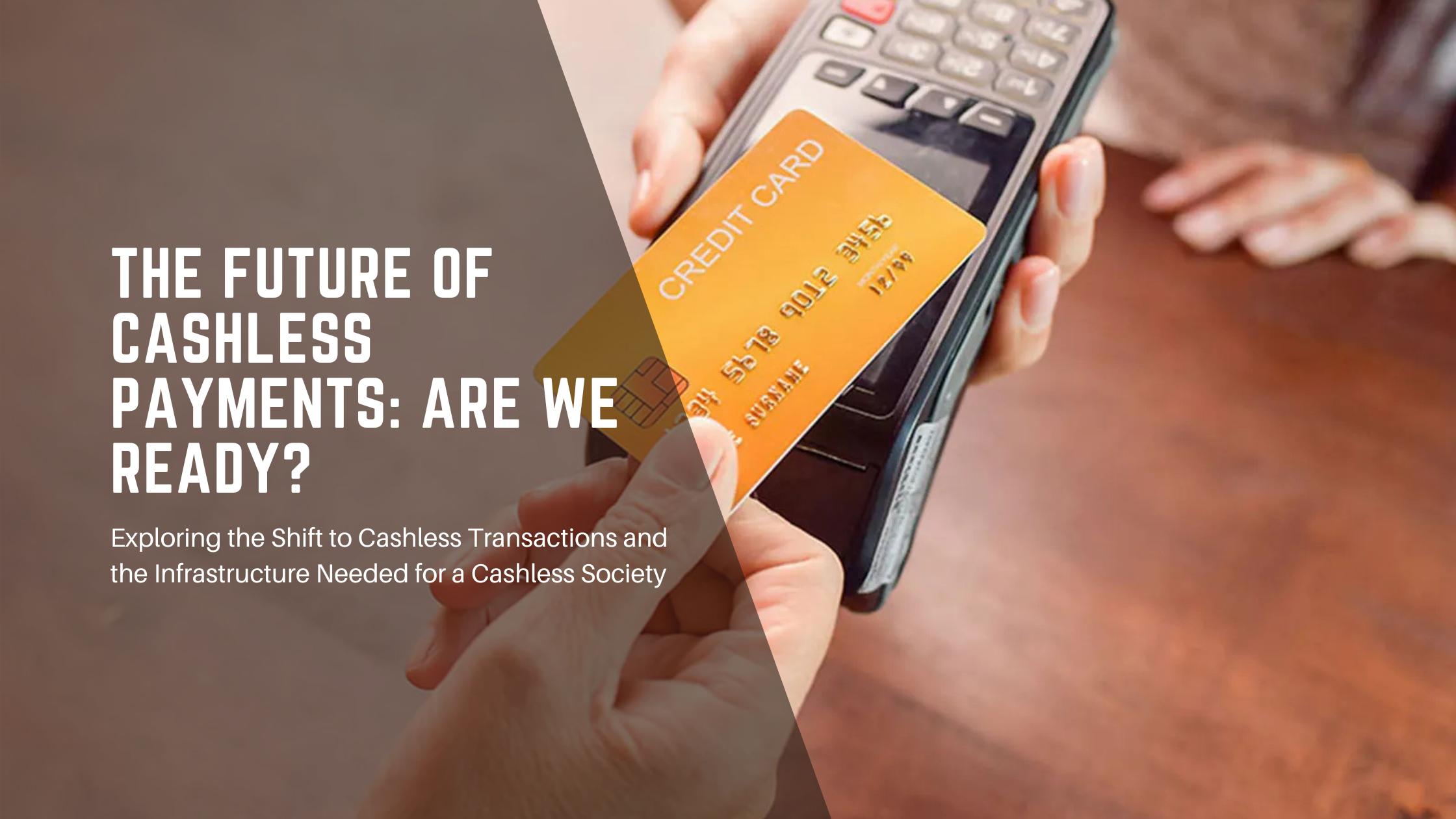December 4, 2025

-
Written by: Merchant Connect UK
- October 31, 2024
The Future of Cashless Payments: Are We Ready?
Exploring the Shift to Cashless Transactions and the Infrastructure Needed for a Cashless Society
As digital payments continue to dominate, the world is rapidly moving toward a cashless future. From mobile wallets and contactless payments to cryptocurrencies, cashless options are transforming how we exchange money. But with this transformation comes a new set of challenges and infrastructure needs. Are we truly ready to embrace a cashless society?
Why Cashless Payments Are on the Rise
The COVID-19 pandemic accelerated the adoption of cashless payments worldwide. As people sought ways to minimize physical contact, digital payments provided a safe and convenient alternative to cash. This shift is further supported by:
- Technological Advancements: Mobile payment options like Apple Pay, Google Wallet, and Venmo have made digital payments faster and more convenient.
- Globalization of E-commerce: Cashless payments are vital for cross-border transactions, enabling global trade and easy online shopping.
- Financial Inclusion: Cashless payments can help underserved populations access financial services through mobile phones and e-wallets.
Key Infrastructure for a Cashless Society
Transitioning to a cashless society requires more than just widespread digital payment methods. Here are some critical infrastructure components needed to support this shift:
Reliable Internet Connectivity Widespread, reliable internet access is essential for a cashless society. People need secure and consistent online access to make digital transactions smoothly, which can be a challenge in rural or underserved areas. Investments in expanding internet connectivity are crucial for enabling cashless transactions on a global scale.
Digital Payment Solutions The backbone of a cashless society is a variety of digital payment solutions that cater to different demographics. Payment processors, mobile wallets, and digital banking services should be widely available, easy to use, and interoperable. Unified solutions that connect various payment methods (credit cards, e-wallets, cryptocurrencies) make it simpler for people to adopt cashless payments.
Cybersecurity and Fraud Prevention With the rise in digital transactions comes an increased risk of cybercrime. Payment processors must prioritize cybersecurity, employing encryption, tokenization, and fraud detection tools to safeguard sensitive information. Regulatory bodies also play a role by enforcing security standards, protecting both businesses and consumers.
Regulatory Frameworks A cashless society requires updated regulations that support digital payments, promote competition, and protect user data. Governments and financial institutions must collaborate to create a regulatory environment that fosters innovation while maintaining security and consumer protection.
Financial Literacy and Inclusion For a cashless system to be truly effective, individuals must understand how to use digital payments. This is particularly important in underserved or older populations who may not be familiar with cashless options. Providing education on digital payments and promoting financial inclusion ensures that everyone can benefit from a cashless society.
Are We Ready for a Cashless Future?
While many urban and developed areas are primed for a cashless society, the transition faces challenges in regions with limited internet connectivity or low financial inclusion. Additionally, cybersecurity remains a top concern, as fraud and data breaches can undermine trust in digital payments.
At Merchant Connect, we are committed to supporting businesses through this transition by providing secure, scalable, and innovative payment solutions tailored to a cashless world. By leveraging our expertise, we help businesses stay ahead in this evolving landscape.
Final Thoughts
A cashless future is inevitable, but achieving it requires a concerted effort from governments, financial institutions, technology providers, and individuals. With the right infrastructure, regulatory support, and public understanding, we can build a secure, efficient, and inclusive cashless society.
For more insights into cashless payment solutions, contact us at Merchant Connect.
Categories
- Banking(14)
- Industry Insights(37)
- Merchant Account(8)
- Online Payments(20)
Recent Post
November 24, 2025
Best Payment Gateway for High-Risk Startups: 2025 UK Guide
November 11, 2025
How AI Is Reducing Fraud in High-Risk Payment Processing
October 26, 2025
